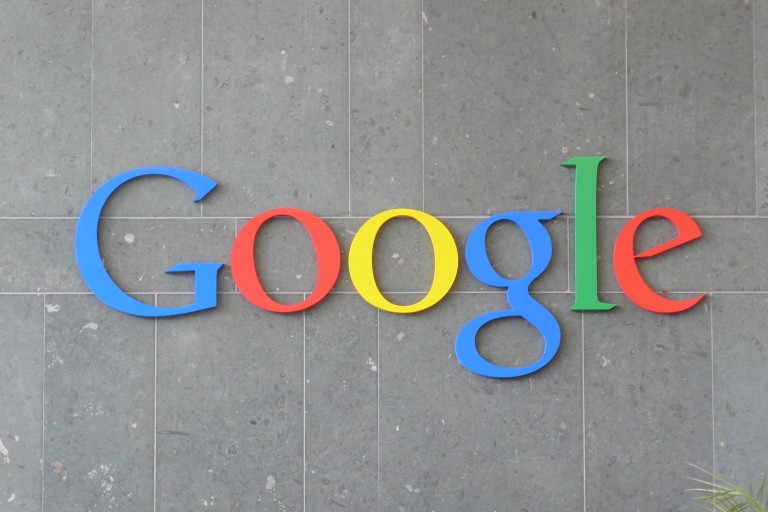
Alphabet Inc (NASDAQ:GOOGL) is yet again the center of attention in Europe over concerns that it is not paying enough taxes. European authorities are crying foul over revelations that the effective tax rate for multinationals operating in the region has remained stagnant at 7%. The search giant isn’t the only company to attract criticism from tax authorities in the region.
Google’s Tough Stance
Apple Inc. (NASDAQ:AAPL) and Amazon.com, Inc. (NASDAQ:AMZN) have also come under fire over allegations they continue to pay minimal taxes on billions of dollars they continue to generate across the region. Alphabet’s Tax Chief Tom Hutchison and European operations Chief Matt Brittan have already refuted the allegations.
In a parliament public accounts hearing on February 11, the two argued the company should not be coughing the $185 million in backdated tax. Hutchison argument is that the 20% corporate tax they currently pay is more than enough. The company has persistently refuted calls for the so-called ‘Google Tax’ to target its offshore profits which could force it to pay more taxes.
Clamping Down On Tax Breaks
Tax breaks offered by the likes of Netherlands Ireland and Luxembourg have all but continued to attract multinationals. The UK, France, Germany, and Italy have failed miserably on their push to block the likes of Google and Apple from diverting profits to these lower tax addresses.
Bermuda and Grand Cayman mailboxes are also becoming popular for diverting profits in extreme cases. The UK has tried to pass laws to clamp down on their use, but the effects so far have been limited. Alphabet is believed to have stockpiled $58 billion worth of profits in a Bermuda corporation in order to avoid paying taxes in the region.
Ireland is on course to phase out tax breaks that have continued to attract multinationals over the years. The country is planning to raise its tax rates to low-double digits having come under pressure from other European nations. Alphabet and LinkedIn Corp (NYSE:LNKD) as a result have until 2021 to continue enjoying the low-single tax breaks.




